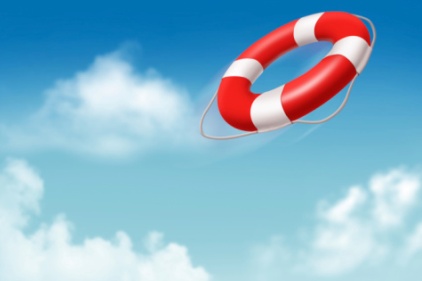 First, I guess my thoughts on "Corporations are people too" come around to "yeah, so what's your point?"
First, I guess my thoughts on "Corporations are people too" come around to "yeah, so what's your point?"
To say "corporations are people too" just sounds dumb to me. The Nazis were people too (Before anyone gets themselves all in a lather, I'm not equating corporations with the Nazis) but does that excuse the evil done by the individuals?
Would we ever say that while you might have had some bad eggs in the Nazi party you can't condemn the entire party simply because of them?
On the other hand I have a 401K portfolio that holds stock in many different funds that in turn owns stock in many individual companies. Should I be held accountable for the malfeasance of one of the many corporations in which I own stock? By not knowing exactly what companies in which I indirectly own stock should I be charged with the sin of omission?
Osama Bin Laden defended his cowardly attacks on civilian Americans by claiming that because we democratically elected our leaders all Americans were culpable for the actions taken on their behalves. A specious argument at best.
But in all these cases it is fair to say that the more insulated one is from the crime the less accountable one feels.
So while a CEO may never knowingly lie, cheat, pollute, or subvert safety regulations for his or her own sake, said CEO is far more likely to justify these actions when reporting to a board. To a large extent its easy for an executive, worker, or share holder to see him/herself innocent of any wrong doing; far fewer bear witness to a workplace disaster that kills 30 people and say, "I did that, it was I who killed those people."
Does anyone believe that a single BP share holder watched the Gulf of Mexico disaster and shed a tear for their culpability in the disaster?
"We the People" carries with it onerous responsibility, both in country and incorporation. It's a damnable dichotomy: we can't realistically keep diligent eye on the day-to-day activities of the companies in which we have an interest — not really — and we can't in good conscious blame a nameless corporation for all the world's evil.
On a related thought (in response to your piece on Penn State's "willful blindness") much in the same way that we can't separate ourselves from the corporations that we deride, Penn State and its community can't separate themselves from culpability in the rape of these young people.
The argument that they were willfully blind is probably accurate. Who wants to believe that a trusted member of a beloved athletic program is capable of such behavior? We don't see it, because we don't want to see it. And that's something on which social predators count. We don't want to believe that these kinds of things happen in our community so we pretend they don't; at least until we can't anymore.
Organizations aren't that much different than organisms — their primary goal is survival and they will fight like a cornered rat to protect what is theirs and to stay alive.
They will ignore facts that don't support their world view.
They will lash out against anyone who threatens the status quo.
And in this case they will excuse the truly wicked for the sake of the greater good.
As in the case of corporate behavior, we cannot turn away from unpleasantness in hopes that someone else will step forward and address the evil among us.
It's tough for corporations and organizations to do the right thing when the smart or profitable thing to do is to turn a blind eye to the situation.
And it's tough for a person to do the right thing when doing so means jeopardizing one's life, one's livelihood, one's station, or one's standing.
In these fires of adversity heroes are forged. So Mitt, maybe corporations are people, but they will never be heroes, or role models, or friends. So Mitt (may I call you Mitt?) I will put my faith in people and hope others do likewise.

